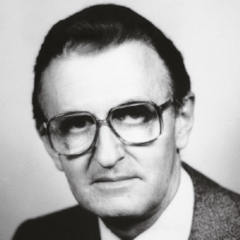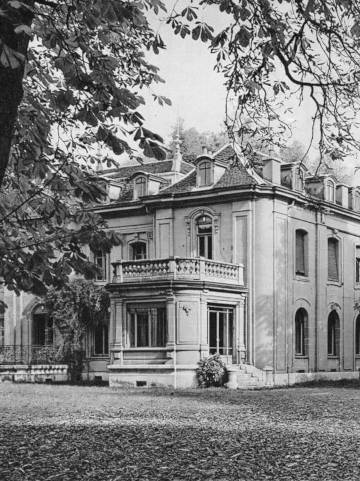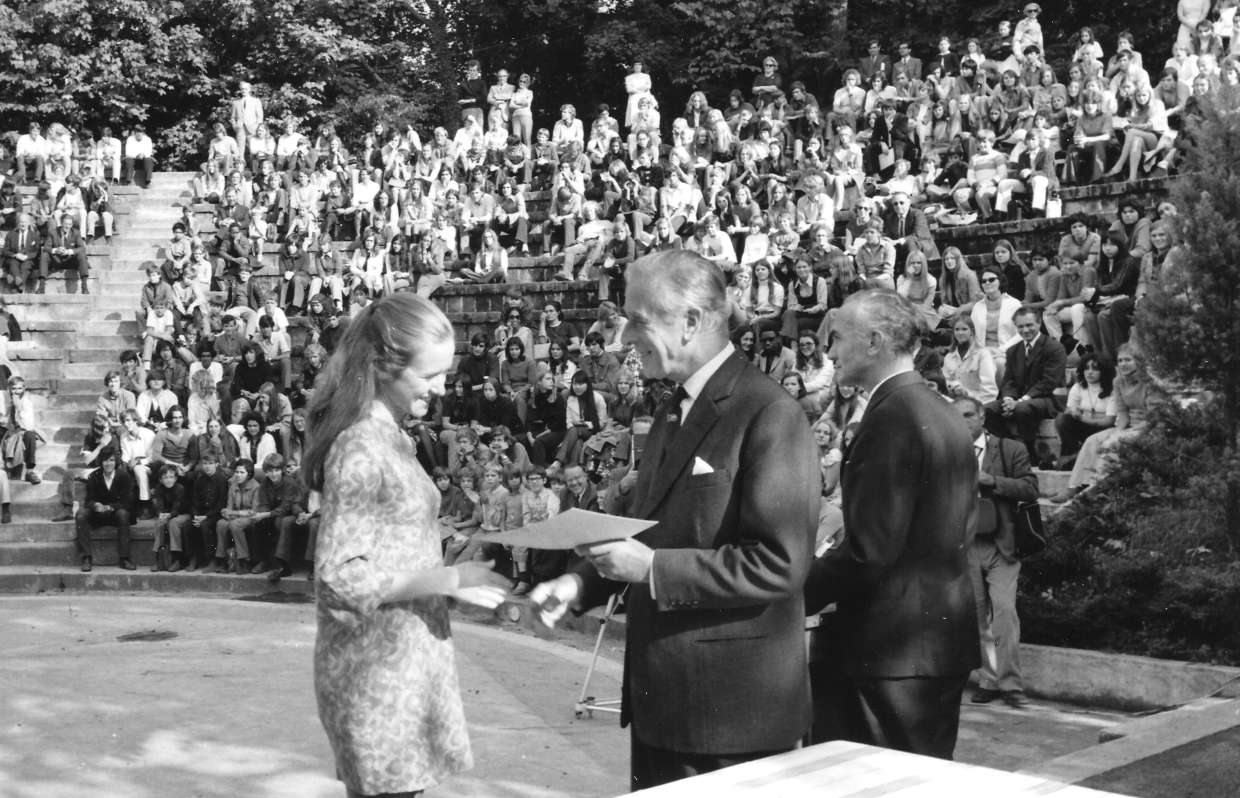
Experimental Period of the International Baccalaureate
Objectives and Results
Gérard Renaud played a key role in the development of the International Baccalaureate programme from its inception. As a teacher at the International School of Geneva, Renaud helped to shape both the Diploma Programme and the Middle Years Programme, becoming Deputy Director General of the IB during its experimental and initial implementation phases, and later serving as its Director General.
The International Baccalaureate today is widely recognized as the most successful innovation in education; it was originally realized by a large number of visionary educators coming from a wide range of geographic, cultural, and pedagogic origins. Gérard Renaud worked closely with Alec Peterson, the first Director General of the IB, with his teaching colleagues at the International School of Geneva, and with many interested parties to bring the programme into being.

Experimental Period of the International Baccalaureate is a paper submitted to the UNESCO International Bureau of Education by Gérard Renaud in 1974 at a time when the International Baccalaureate began awarding its first official diplomas. Prior to the launch of the full IB programme, there was an extended period of development beginning in 1964 with the first experimental examination for the proposed modern history syllabus. All aspects of the educational syllabus and the examination processes were being created and reviewed during this experimental period. The programme which ultimately took shape during this period has remained largely intact since the official launch of the IB in 1975.
Renaud's paper represents a first-hand account of the people, schools, and organizations that were directly involved in the development of the IB programme. It defines the clear time line as different aspects of the programme were created, and describes the conferences which brought together educators to reach agreement on the fundamental principles and innovations to be included. Remarkably, his review of the experimental period reveals that consensus was reached quickly on these fundamental matters, while also providing scope for eventual extensions to the IB programme. Extensions that were envisaged would enable the IB to: be adopted by national educational systems; provide a foundation for continuing adult education; and its establishment as a terminal qualification for secondary education.
Originally conceived as a universally recognized university entrance qualification, the International Baccalaureate is shown to have been developed as a balanced and focused two-year curriculum comprising: languages, mathematics, human and empirical sciences, together with a range of optional, more specialized subjects structured to be compatible with the entire programme. From the beginning, the IB was structured to address a need for preparing the adolescent to confront new situations, and to be aware of ways of thinking differing from those peculiar to any particular culture.
The experimental period from 1964 through 1974 saw the development of a new system of teaching and assessment aimed at the formation of the 'whole person' where all subjects are treated equally while enhancing opportunities for mutual understanding. It also developed a capacity to motivate students through the innovations of aural comprehension tests, extended essays, and a newly created theory of knowledge course. While its objectivity and intellectual autonomy often came into conflict with more specialized national programmes, the IB emerged from this period to represent the widest possible diversity of cultural and educational traditions.
Experimental Period of the International Baccalaureate: Objectives and Results provides great insight into the creation and development of innovations that are inherent within the syllabus and assessments which distinguish the International Baccalaureate. Gérard Renaud's account of this period demonstrates how the high degree of collaboration which coalesced around this project has served to ensure its enduring acceptance throughout the globe.

Lord Mountbatten presents Peggy Ray with the first International Baccalaureate.
Photo by François Martin




